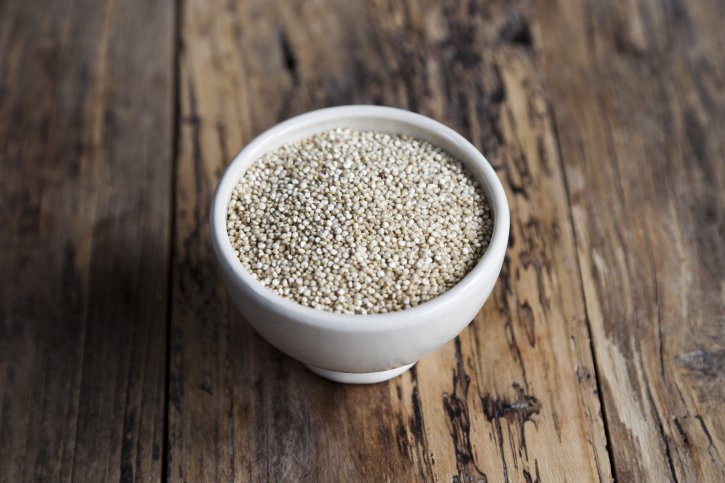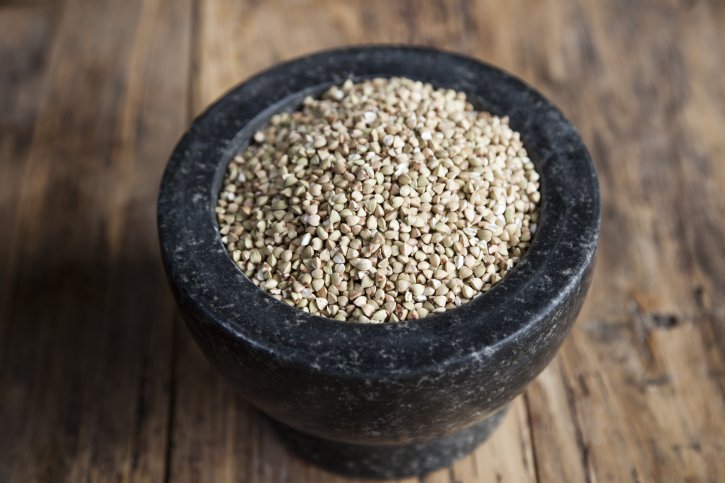Sports nutrition has unfortunately tended to focus on dietary manipulations and strategies in the period right before, during and after competition only. This is a short-sighted view of sports nutrition and misses out on the importance of day-to-day nutritional intake, and the potential to optimise performance with a foundation of wellbeing and health.
In order to promote and maintain immune function, to optimise adaptation to training-loads and to minimise inflammation, it is vital that the right kind of foods are consumed on a daily basis.
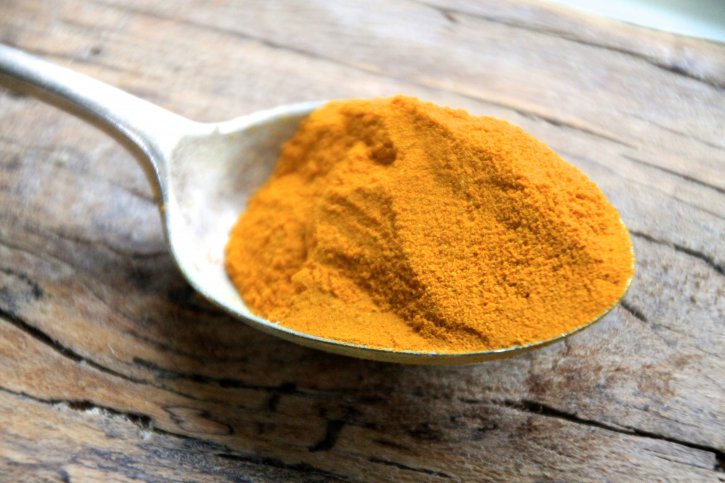

OMEGA 3
Inflammation is not only an issue when it comes to recovery; it is also now an established marker of many diseases. Consuming foods such as flaxseeds, flaxseed seed oil and chia seeds, can help to provide the optimal omega 3 to omega 6 ratio that helps to minimise inflammation and therefore optimise recovery from training. This is very important, as intense training can result in weakened immunity and injury if an athlete is not able to recover in between training sessions. Although not high in omega 3, turmeric is also a very powerful, natural anti-inflammatory that should be included in an athlete’s diet when possible.
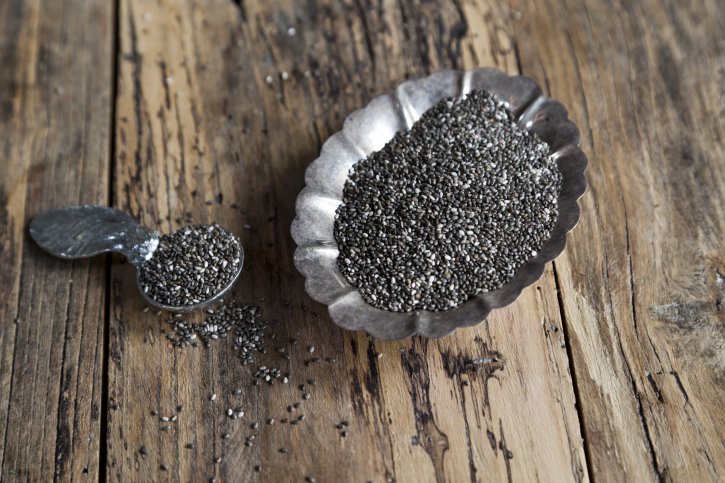

MEDIUM & LOW GLYCEAMIC CARBOHYDRATES
The Glyceamic Index (GI) is a measure of how quickly a carbohydrate is assimilated in the body, and how much blood sugar is increased when the food/carbohydrate is consumed. The higher the GI, the more sudden the blood sugar level increase. Conversely the lower the GI, the more gradually blood sugar is affected.
The consumption of high GI carbohydrates on a regular basis, is linked to the development of insulin tolerance and type 2 diabetes. High GI carbohydrates also tend to contain less nutrients than lower GI carbohydrates sources, and should generally be avoided unless consumed before, during or after exercise. Good, highly nutritious sources of carbohydrates include quinoa, oats, bulgur, sweet potato and buckwheat.
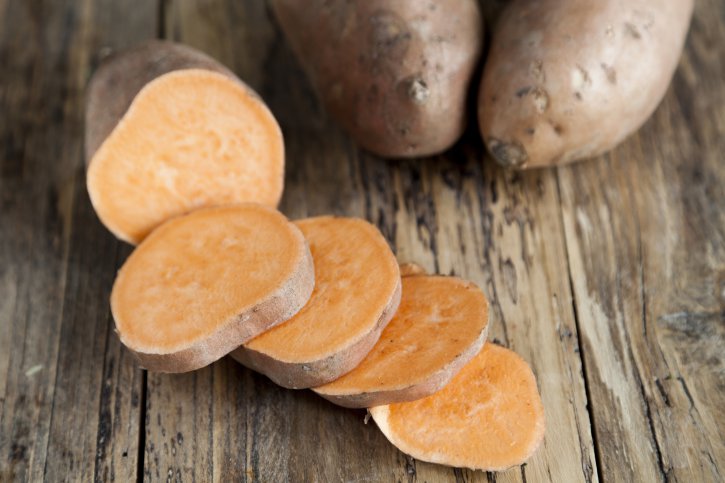

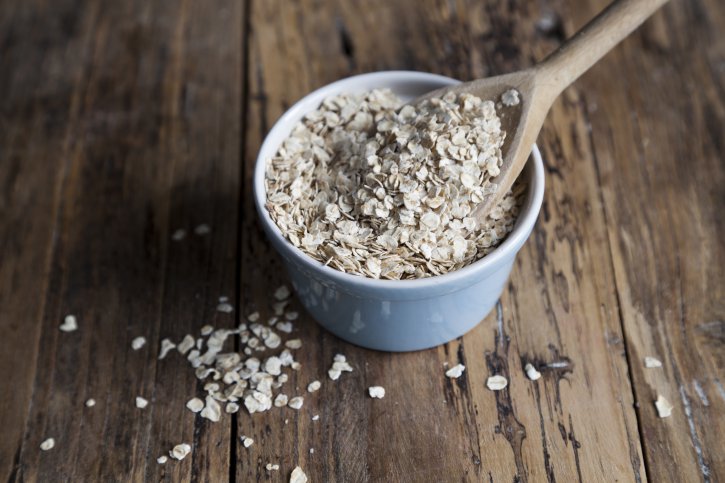

ORGANIC, UNREFINED FOODS
Unrefined, and ‘unprocessed’ foods, tend to be more nutritious; and organic foods tend to contain less chemical-traces and more nutrients. A classic example demonstrating the benefits of unrefined foods, is the difference between Himalayan salt and conventional table salt. Table salt is refined and treated, and contains sodium chloride, whereas Himalayan salt contains dozens of electrolytes and is actually considered beneficial to health when moderate amounts are consumed.
Eating 5 or more portions of fruit and vegetables should be the starting point of a healthy diet. Try and consume natural anti-inflammatories like pineapple, and be mindful of foods like nightshade fruits; which some experts say cause inflammation.
SUPPLEMENTS
Finally, here are some supplements that I would recommend – but remember that it’s vital to have a good nutrient rich foundation in place before worrying about what brand of protein powder to consume.
Adaptogens like Korean Panax ginseng, ashwagandha, rhodiola rosea and gingko biloba are all touted as natural and healthy herbs. There are also studies on all of them, linking them to enhance physical performance and immune function.
Sports supplements such as leucine, creatine and hemp protein all have research supporting their benefits. Whilst consumption of a sports drinks containing 5-10% carbohydrate (ideally maltodextrin) and a small amount of sodium can make a huge impact on performance in hot and humid environments, and in ultra-endurance events.
To find out more about Sports Nutrition, visit http://www.kineticasports.com
